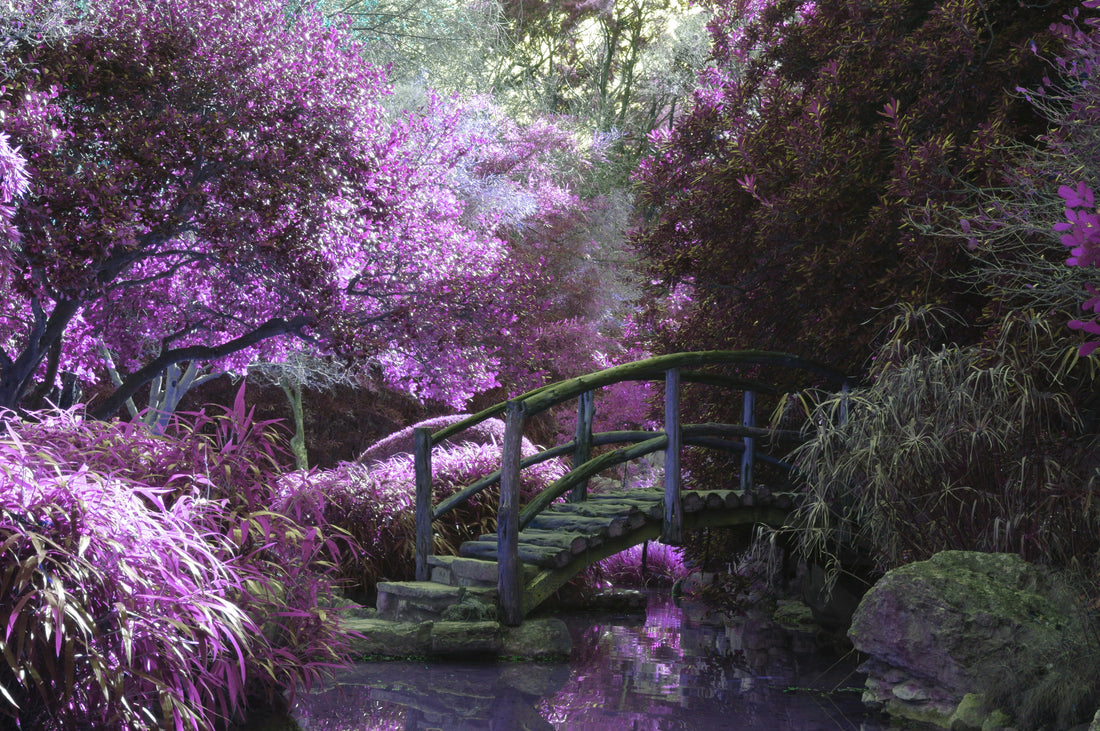Reading material
Japan and coffee

Japan and coffee
- Culture and experiences passed down from the Edo period to the Reiwa era -
When you hear the word "coffee," many people may think of Western culture. However, the relationship between Japan and coffee is surprisingly old and deep. A cup of coffee that was introduced during the Edo period has permeated daily life throughout the ages, and has now built a uniquely Japanese coffee culture that is attracting attention from around the world.
Edo period: First introduction
It is said that coffee was introduced to Japan in the 17th century by the Dutch who came to Japan through Dejima in Nagasaki. At the time, it was not yet widely available to the general public, and was treated like medicine by certain intellectuals and doctors. This was the beginning of the relationship between Japan and coffee.
Meiji Period: The Birth of the Coffee Shop
Coffee became popular in earnest during the Meiji era as a symbol of modernization. In 1888, Kaho Sakan opened in Ueno, Tokyo, and attracted attention as Japan's first coffee shop. From this point on, coffee came to be accepted as a symbol of Western culture, and coffee shop culture took root as a place for intellectuals and students to interact.
Taisho to Showa: The Golden Age of Pure Coffee Shops
From the Taisho to the Showa eras, "pure coffee shops" sprang up one after another, mainly in urban areas. Coffee, carefully brewed using cloth drip or siphon, became a part of everyday life, and they served as salons where intellectuals and artists gathered. The "coffee shop culture" that developed during this period remains the foundation of Japan's coffee culture to this day.
Heisei to Reiwa: The Era of Specialty Coffee
As we entered the 21st century, coffee evolved even further. Specialty coffee, which focuses on the origin of the beans, the processing method, and the degree of roasting, gained attention, and the number of specialty coffee shops rapidly increased, especially in Tokyo and Kyoto. With the evolution of convenience stores and chain stores, coffee has become a familiar drink for everyone, yet can be enjoyed in a variety of deep ways.
The uniqueness of Japan and coffee
Japan's coffee culture has unique features that are not found anywhere else in the world.
One is "delicate extraction techniques." We have been particular about elevating cloth drip and hand drip to the level of art, and bringing out the depth of flavor.
The other is "fusion with Japanese culture." Just like Japanese sweets and matcha, coffee is incorporated into the Japanese aesthetic, positioning it somewhere between the everyday and the special.
BONGEN COFFEE's modern vision
One of the modern symbols of this trend is BONGEN COFFEE , which has stores in Ginza and Nihonbashi, serving specialty coffee in a space that values Japanese aesthetics.
At the Ginza store, you can enjoy a cup of coffee in a tranquil space decorated with bonsai trees, while at the Nihonbashi store, you can enjoy pairings with rice balls made with rice from Shimazaki Farm, and Japanese sweets such as dorayaki and yokan. This is an experience that truly carries on the "relationship between Japan and coffee" into the modern era and elevates it into a new form.
Summary: Japan and the Future of Coffee
The relationship between Japan and coffee began with a small encounter in the Edo period, and has evolved into coffee shop culture, pure coffee shops, and specialty coffee. Today, Japanese coffee culture is highly regarded around the world and has a strong presence as a unique style.
Among them, BONGEN COFFEE is a symbol of the relationship between Japan and coffee, fusing the Japanese spirit with world-class quality. From the past to the future, the story of Japan and coffee will continue.
👉 BONGENCOFFEE | OFFICIAL SITE
https://ginza-bongen.jp/